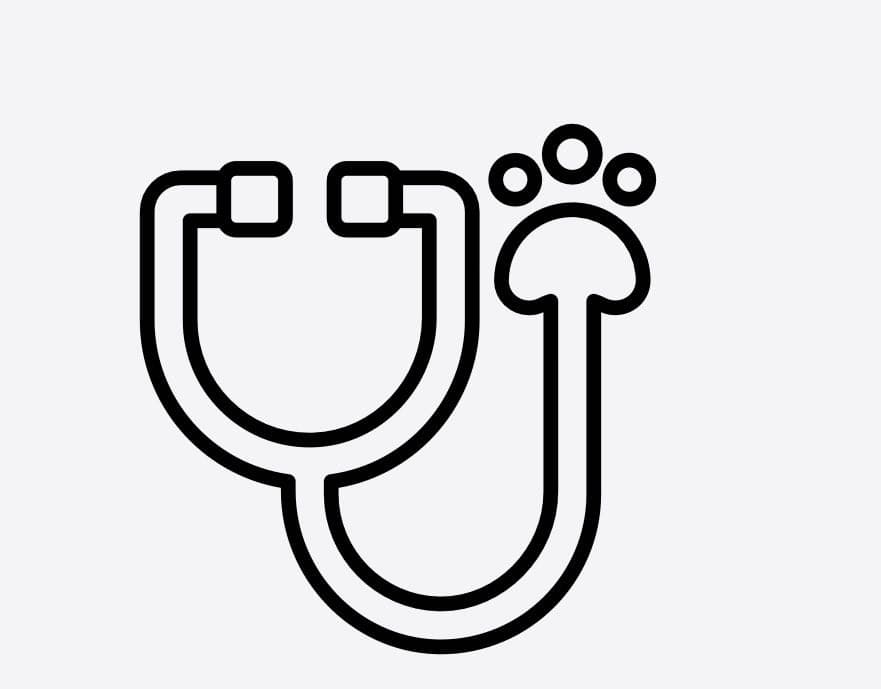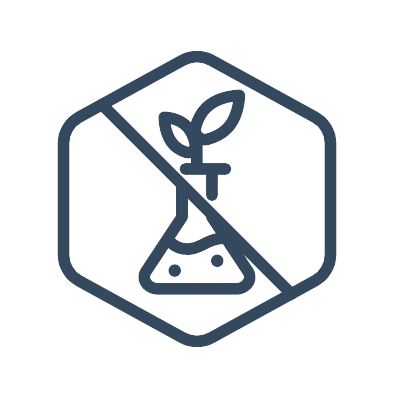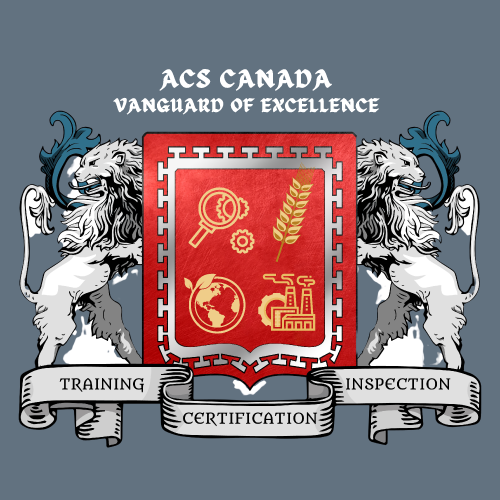GVP CERTIFICATION

GOOD VETERINARY PRACTICE CERTIFICATION
Animals require high-quality veterinary care to ensure their health and well-being. Veterinarians play a crucial role in providing competent and up-to-date veterinary services, maintaining positive relationships with pet owners and peers, and operating ethically. The veterinary field encompasses various important aspects related to animal health, disease treatment, public health, biosecurity, and ethical environmental practices. With the expanding mandate of food control authorities, the focus now extends to the entire domestic food supply chain, from production to consumption.
BENEFITS OF IMPLEMENTATION AND CERTIFICATION
Certifying your food safety management system with Good Veterinary Practice (GVP) requirements through ACS Canada is a strategic approach to prepare for regulatory audits and client second-party audits, including those from major retailers such as COSTCO, Walmart, REAL CANADIAN SUPERSTORE, save on foods, or SAFEWAY. This process ensures regulatory compliance while showcasing your understanding of the significance of producing and trading safe food.
Many farms have utilized the GVP certification scheme for food processing as the foundation for developing and implementing other quality and food safety management systems, such as HACCP and ISO 22000.
The GVP certification from ACS Canada validates that companies have a food safety management system that aligns with GVP requirements. This certification ensures the integrity of the food manufacturing process and compliance with food safety regulations.
BENEFITS OF GVP CERTIFICATION FROM ACS CANADA
1. Prove a properly designed and implemented GVP and traceability system: GVP certification provides evidence that your system is well-designed and effectively implemented, demonstrating your commitment to ensuring the integrity of the food supply chain and traceability.
2. Prove a low risk of cross-contamination: Certification affirms that your farm layout and cross-contamination prevention system pose no risk to the safety of products and end consumers. It showcases your dedication to maintaining a safe and hygienic environment.
3. Demonstrate international operational reliability: GVP certification verifies that your processing and storage facilities operate at international standards and are dependable. This reassures upstream companies and health inspection agencies that your operations meet rigorous requirements.
4. Enhance market reputation and opportunities: GVP certification from ACS Canada enhances your market reputation by demonstrating your commitment to food safety and compliance with industry standards. This can open up new business opportunities and partnerships.
5. Gain confidence from stakeholders: Certification instills confidence in stakeholders, including customers, suppliers, and regulatory bodies. It assures them that your company prioritizes food safety and operates with integrity.
6. Facilitate regulatory compliance: GVP certification ensures your compliance with relevant regulations and demonstrates your proactive approach to meeting legal obligations. This can streamline regulatory processes and minimize potential disruptions.
By choosing ACS Canada for GVP certification, you benefit from their expertise and experience in auditing and certifying food safety management systems. With a track record of providing ISO 22000 and ISO 9001 accredited certificates from the International Accreditation Service (IAS) and International Accreditation Forum (IAF), ACS Canada offers a reliable and trusted partnership. Their knowledgeable auditors and trainers bring in-depth technical expertise to help you achieve GVP certification and excel in the field of veterinary care and animal health.
Training at ACS Canada
ACS employs accelerated learning methods to ensure a comprehensive grasp of all certificates. Our approach involves contextualizing your learning through a wide array of options, including classroom instruction, workshops, as well as interactive and online sessions.
GVP CERTIFICATION Training - 1
GOOD AGRICULTURAL PRACTICE

GAP-GENERAL
GOOD AGRICULTURAL PRACTICE(GAP) Training Course Why GAP training? The application of existing knowledge to the sustainable use of the natural resource base for the production of safe, healthy food and non-food agricultural products in a sustain manner, while maintaining economic viability and social stability, is the concept of Good Agricultural Practices. The GAP depict the […]
More About This CourseGVP CERTIFICATION Training - 2
GMP Requirements

GMP – Requirements & Documentation
This course aims to teach the principles and practices of GMP requirements in the food industry.
More About This CourseGVP CERTIFICATION Training - 3
QMS REQUIREMENTS

ISO 17025 – Requirements
The aim of this course is to provide delegates with the knowledge and skills required to understand ISO 17025 requirements.
More About This CourseGVP CERTIFICATION Training - 4
HACCP REQUIREMENTS

HACCP – Requirements & Documentation
The aim of this course is to provide delegates with the knowledge and skills required to understand HACCP requirements and documentation.
More About This Course
